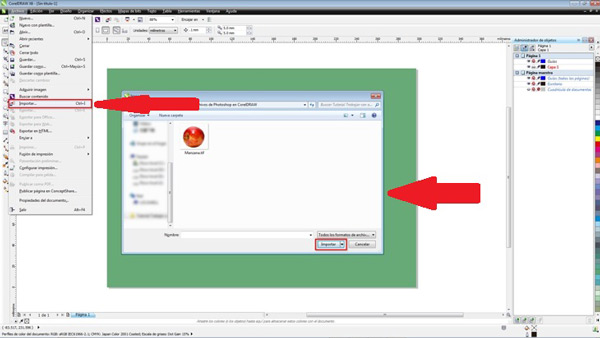

Thus my quest for some program that can do a scan to accurately report those results. This to me would complete the circle of possibilities which could take place where we as users would have no idea if a dat was in fact some exe or dll hiding well disguised untill called on to do some damage or compromise files on our machine that even AV's wouldn't be able to pick up on. Nirsoft is a software/freeware site that specializes in driving right to the heart of many items and making clear exact files as they should be but i have yet to find a single program that could do a simple scan of all files and verify that they have genuine extensions and if not would flag for us those that the extensions were not authentic. Possibly only a very good AV would pick up on it but then only if a malicious file matched it's signature base.ĭoes this picture become clearer now. How on earth would we possibly know if one of our Non-System files were targeted by having it's extension changed to something other than it's authentic ext? We wouldn't. I renamed some files locally from say a exe to a dll and also from wmv to dat and so forth. Not so much hiding an exe inside a bmp graphics file although that is very relevant and has happened more than a few times. Alternatively, you can save the attached workbook on your computer, and then open it in Excel.You see, with all the malwares releasing payloads all the time it occurred to me a very elementary possiblity that old 98 virus writers used to employ. Ask the person who sent it to you to resend the workbook in the Excel Binary Workbook (*.xlsb) or Excel 97-2003 Workbook (*.xls) file format.

If you see this message when you try to open a workbook that a trusted source sent to you in an email, you can't open it from your email program.
FMINER WRONG FILE EXTENSION HOW TO
For information about how to recover a corrupted workbook, see Repair a corrupted workbook. If a workbook has become corrupted, you can try to repair it before you open it. A hacker (malicious user) might have renamed the file with the intent of misleading you to open it in Excel.Īn issue with a file name extension might occur when a workbook that you are trying to open is unreadable and the contents no longer resemble the expected file format.

If you can't verify that the originator of the file is a trusted source, you shouldn't open the file. However, as a best practice, you should save the file with a file name extension that reflects its actual file format.Īs a first step, however, it's important to decide whether or not you trust the source of the file. Renamed intentionally If you or someone you know purposely renamed the file with a different extension to ensure that Excel will recognize the file name extension, you can open the file. Then, save the file in the file format with the appropriate file name extension. Renamed inadvertently If you or someone you know renamed the file by accident with an incorrect file name extension, you can safely open the file. txt file name extension.īefore you click Yes to open the file, you may want to consider the reasons why the file might have an incorrect file name extension. xlsx file name extension but it's really a text file and should have a. When you open a file in Excel, you get an message that the file name extension doesn't match the actual file format. Excel for Microsoft 365 Excel for the web Excel 2021 Excel 2019 Excel 2016 Excel 2013 Excel 2010 Excel 2007 Excel Starter 2010 More.


 0 kommentar(er)
0 kommentar(er)
